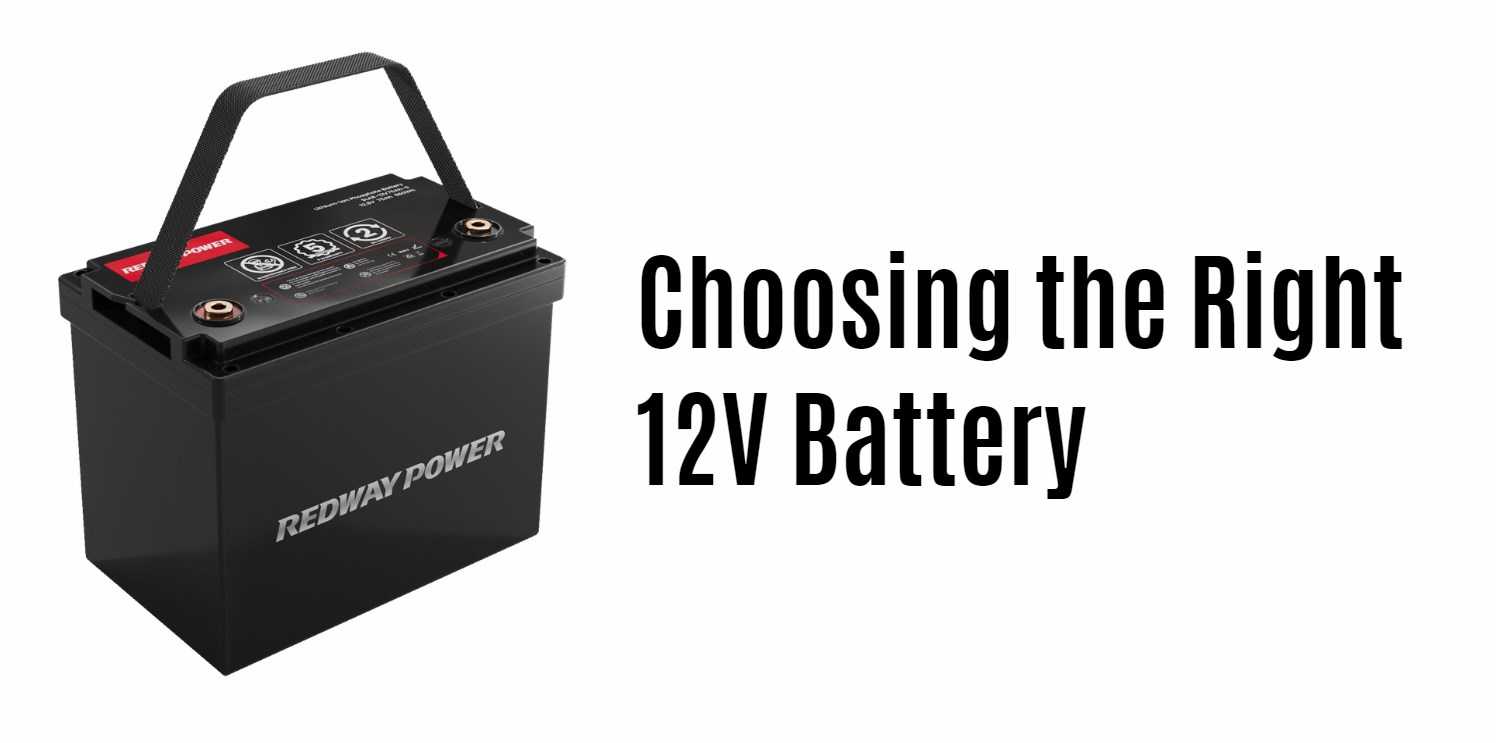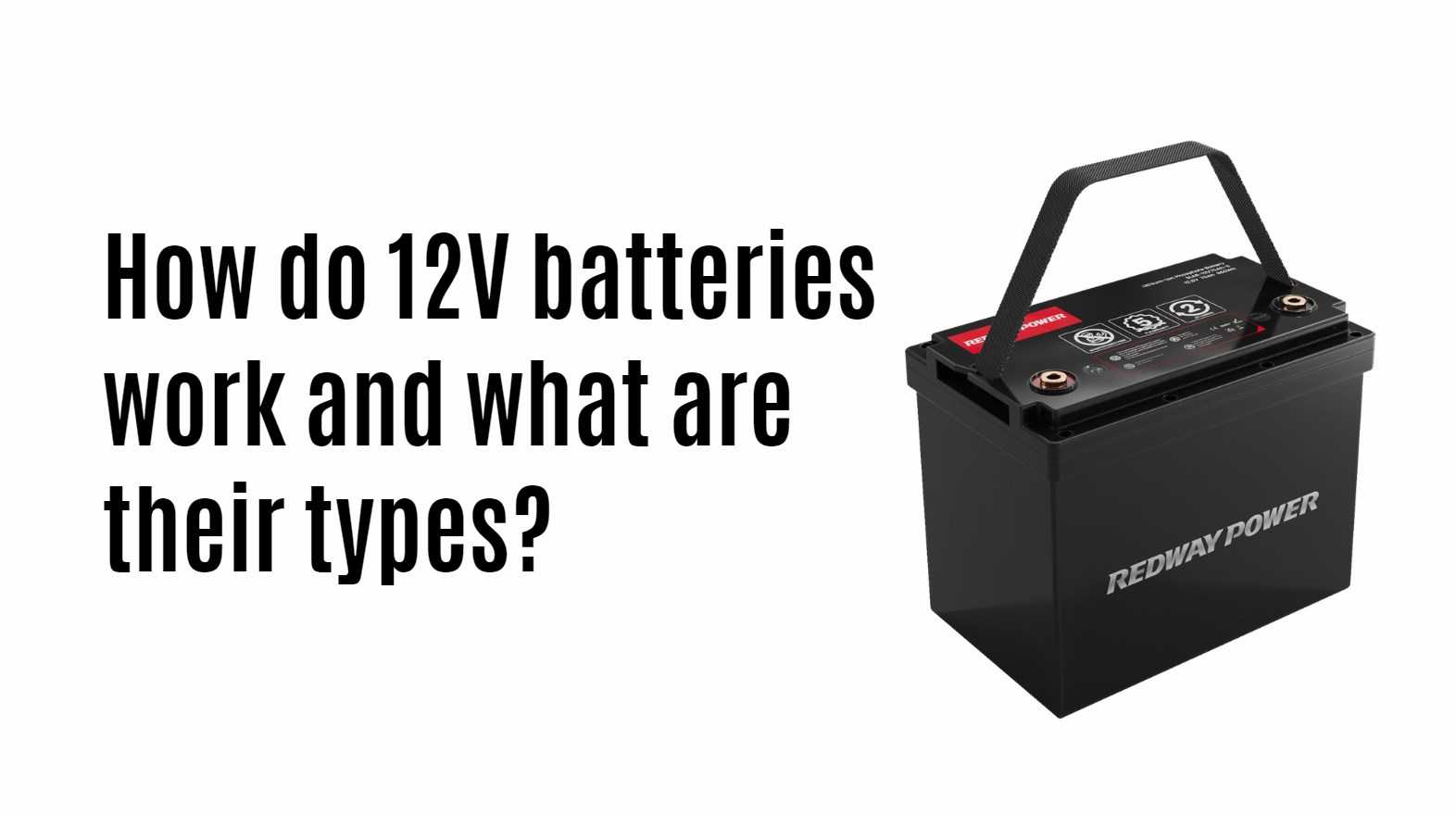In the realm of modern technology, the 12V battery stands as a pivotal component, essential in powering a myriad of devices and vehicles. This comprehensive guide delves into the intricacies of 12V batteries, exploring their types, uses, and maintenance to ensure optimal performance and longevity.
What Is A 12V Battery And Where Is It Used?
A 12V battery is a rechargeable battery that provides 12 volts of electrical power. It’s commonly used in cars, motorcycles, boats, RVs, and backup power systems, supplying energy to start engines and power electrical components and accessories.
Key Components of a 12V Battery
- Positive Plate: Composed of lead dioxide (PbO2)
- Negative Plate: Made of sponge lead (Pb)
- Electrolyte Solution: A mixture of sulfuric acid (H2SO4) and water (H2O)
- Separator: A non-conductive material that prevents short-circuiting between the plates
A 12V battery is a rechargeable power source that delivers a stable 12 volts of electrical energy. It is one of the most common battery voltages used across various applications due to its reliability and versatility. This battery type is essential for starting engines and powering electrical systems in cars, motorcycles, boats, and RVs.
Beyond vehicle use, 12V batteries are widely employed in backup power systems, solar energy storage, portable electronics, and off-grid setups. They supply energy to run lights, accessories, and critical electronics, making them indispensable in both transportation and stationary power applications.
How Does A 12V Battery Function In Vehicles?
In vehicles, a 12V battery supplies power to start the engine and runs electrical systems like lights, radios, and sensors. It stores energy from the alternator and provides stable voltage to ensure reliable vehicle operation.
In vehicles, a 12V battery plays a crucial role by supplying the initial power needed to start the engine through the starter motor. Once the engine is running, the battery supports various electrical systems such as headlights, radio, sensors, and dashboard electronics.
The battery also stores energy generated by the alternator while the engine runs, ensuring a stable voltage supply to maintain consistent performance. By providing reliable power, the 12V battery helps keep essential vehicle functions operating smoothly, even when the engine is off or under heavy electrical load.
Types of 12V Batteries
There are several types of 12V batteries, each designed for specific applications and offering unique advantages.
1. Flooded Lead-Acid Batteries
Flooded lead-acid batteries are the most traditional type, commonly found in automotive applications. They feature removable caps for electrolyte maintenance and require regular topping up with distilled water.
Advantages
- Cost-effective
- High surge current capability
Disadvantages
- Requires regular maintenance
- Prone to spillage and leakage
2. Sealed Valve-Regulated Lead-Acid (VRLA) Batteries
VRLA batteries are sealed and maintenance-free, utilizing a pressure valve to control gas release. They are available in two main types: Gel and Absorbent Glass Mat (AGM).
Gel Batteries
- Construction: Uses a gelified electrolyte
- Applications: Suitable for deep-cycle applications like marine and RVs
AGM Batteries
- Construction: Features a glass mat separator that absorbs the electrolyte
- Applications: Ideal for high-drain applications like UPS systems and motorcycles
3. Lithium-Ion Batteries
Lithium-ion batteries are a newer technology, offering superior energy density and a longer lifespan compared to lead-acid variants.
Advantages
- Lightweight and compact
- Higher energy efficiency
- Longer lifespan (typically 10 years or more)
Disadvantages
- Higher initial cost
- Sensitive to temperature extremes
Choosing the Right 12V Battery
Selecting the appropriate 12V battery involves considering several factors:

1. Application Requirements
Determine the specific needs of your application, including the required voltage, current, and capacity.
2. Battery Capacity
Measured in ampere-hours (Ah), the capacity indicates how long the battery can supply a certain amount of current. Higher capacity batteries are suited for applications requiring longer run times.
3. Physical Size
Ensure the battery fits the designated space within your device or vehicle. Battery sizes can vary significantly even among 12V batteries.
4. Maintenance Needs
Decide whether you prefer a maintenance-free battery or one that requires periodic upkeep.
Uses of 12V Batteries
12V batteries are ubiquitous, powering a diverse range of devices and systems:
Automotive Applications
- Starting Engines: Provides the initial surge of power needed to start internal combustion engines.
- Powering Accessories: Supplies energy to car electronics, including lights, radios, and GPS systems.
Industrial Applications
- Forklifts: Utilized in electric forklifts for material handling.
- Backup Power: Used in uninterruptible power supply (UPS) systems to provide emergency power during outages.
Recreational Applications
- Marine: Powers boat engines and onboard electronics.
- RVs: Supplies electricity for lighting, appliances, and other onboard systems.
Maintenance and Lifespan
Proper maintenance is crucial for extending the lifespan of 12V batteries, particularly lead-acid types.
Charging
- Use a compatible charger designed for the specific type of battery.
- Avoid overcharging, which can lead to battery damage.
Regular Inspection
- Check for corrosion on terminals and clean them as necessary.
- Ensure the electrolyte levels are adequate in flooded lead-acid batteries.
Storage
- Store batteries in a cool, dry place.
- For long-term storage, maintain a partial charge to prevent degradation.
Lifespan Expectations
- Lead-Acid Batteries: Typically last 2-5 years depending on usage and maintenance.
- Lithium-Ion Batteries: Generally last 10 years or more with proper care.
Conclusion
12V batteries are indispensable in a wide array of applications, from automotive to industrial and recreational uses. By understanding the different types, choosing the right battery for your needs, and following proper maintenance practices, you can ensure reliable performance and longevity of your 12V batteries.




